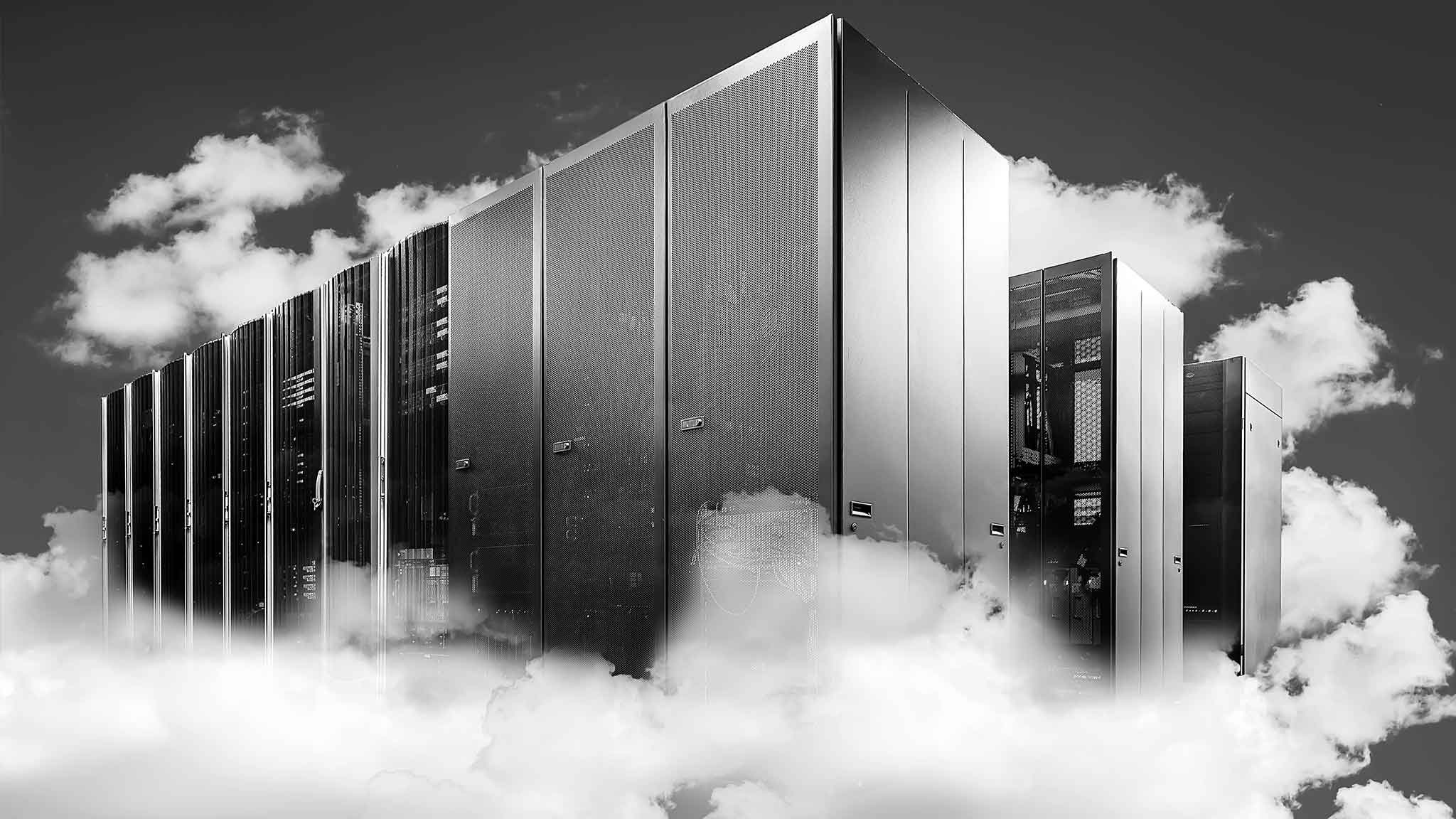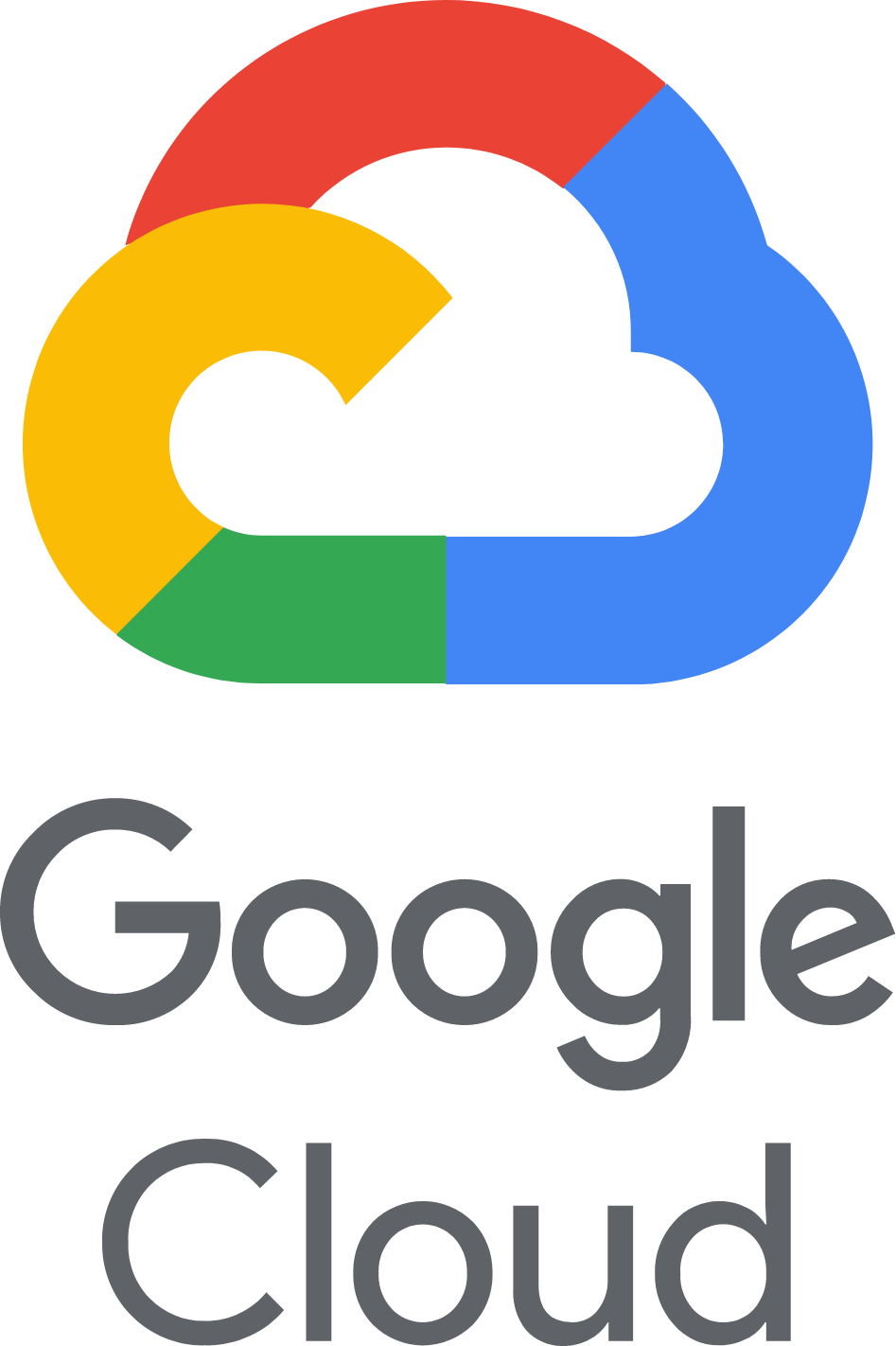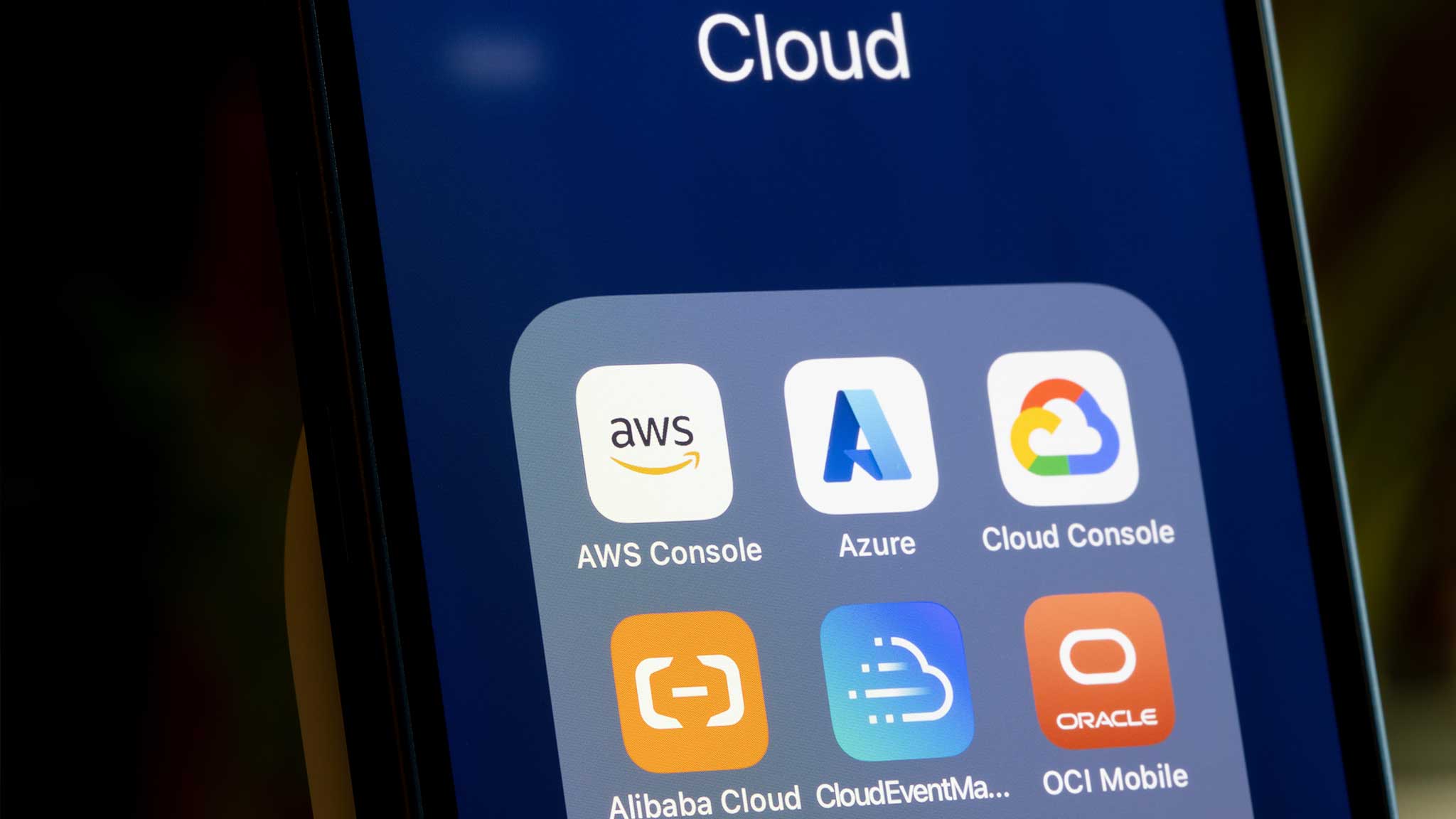
Are You Considering a New Cloud Service Providers
In the last three years, cloud computing has become the de-facto approach to managing IT and architecture concerns. The question for most businesses is no longer “Should we be using cloud computing?” it is “Which cloud service should we use?”
In this article, we’ll look at the top three players taken off? in the cloud computing space and compare their offerings.
Cloud Services Overview
“Cloud service” refers to the infrastructure, platforms, and software that third-party vendors make available to individuals and businesses through the Internet. Cloud services might refer to a software-as-a-service (SaaS) application like Slack, to a platform-as-a-service solution that provides IT infrastructure upon which an application can run, or to infrastructure-as-a-service solutions like storage, networking or compute resources.
Cloud Provider Overview

AWS
AWS (Amazon Web Services) dominates the space with 33% of the market share. Launched in 2006, this platform offers the largest and most robust global network of data centers, and a vast and ever-growing set of tools and services. The company focuses on public cloud solutions, and while hands-on support isn’t feasible from such a large company, there are dedicated cloud service providers who can provide it.

Azure
Microsoft Azure is the second-largest competitor in the arena, with 21% of the market share. The platform launched in 2010 under the name Azure, and has since grown to provide a hybrid cloud solution that bridges the gap between legacy data centers and the powerful Microsoft cloud.

Controlling the smallest portion of the market share at 11%, Google Cloud Platform (GCP) launched in 2011 and developed the Kubernetes structure upon which AWS and Azure are now based. Leveraging Google’s powerful big data technologies, GCP offers high-compute offerings like machine learning, AI, and analysis. They are known to have a robust and responsive network of data centers.

AWS Vs Azure Vs Google Comparison Snapshot
Let’s take a look at these three giants side by side.
Best Choice

|
AZURE | AWS | GOOGLE CLOUD |
|---|---|---|---|
| Price |
Again, Azure’s pricing is difficult to parse and customized for each customer, so determining the price on your own before you commit is not easy. They have a free tier similar to AWS, which allows up to 750 hours of time on their primary compute platform per month. |
AWS pricing is quite opaque and difficult to calculate, as there are a lot of variables that determine specific pricing for various services based on your needs. It’s recommended to work with a third-party estimator to help you navigate the complex offerings. |

Google prides itself on offering “user-friendly” pricing, so GCP’s pricing is simple and straightforward. They also strive to beat the competition by offering consistently lower prices. |
| Features/Services |
Azure’s cloud portfolio is nothing to sniff at. With 18 separate categories of tools including their flagship Virtual Machines compute offering, they also offer bot services, natural language processing and search, hybrid cloud solutions, and integrated support for Microsoft-first systems. |

With an always-expanding suite of tools, including powerful AI-oriented options like DeepLens and Gluon, Amazon also offers a diverse set of cloud computing features including their world-class flagship service Elastic Compute Cloud. |
GCP boasts a rich and powerful set of AI-oriented tools and APIs to facilitate things like natural language processing and search. They have the largest number of tools in their suite with 19 separate categories of features. |
| Availability |
Following AWS in terms of reach is Azure, with an extensive global network of data centers in international regions including three in Brazil, three in Canada, eighteen in the US, six in Asia and three in Australia. They also have data centers in Mexico and Chile. |

Amazon leads in terms of international availability zones, with twenty-four in North America, three in South America, twenty-four in Europe, six in the Middle East, thirty-two in Asia and six in Australia. |
Google trails in terms of its availability, but its offerings are rapidly expanding, with data centers in the US, South America, Asia, Europe, and Australia. |
| Reliability |
Azure reliability is managed through machine learning with their Ai-powered DevOps solution, AIOps. This allows companies to automate roll-out, scale, and issue detection. |

AWS wins in terms of reliability too, with minimal downtime and extensive automated recovery procedures. Their services scale flexibly, using multiple small resources, which reduces the impact in case of failure. |
As with their pricing, Google is transparent about their reliability, providing real-time updates on outages and automated DevOps solutions. |
Other Alternatives
If you’re seeking something other than one of these three options, you will find competitive solutions through Alibaba Cloud, IBM, Dell, and HPE.



































